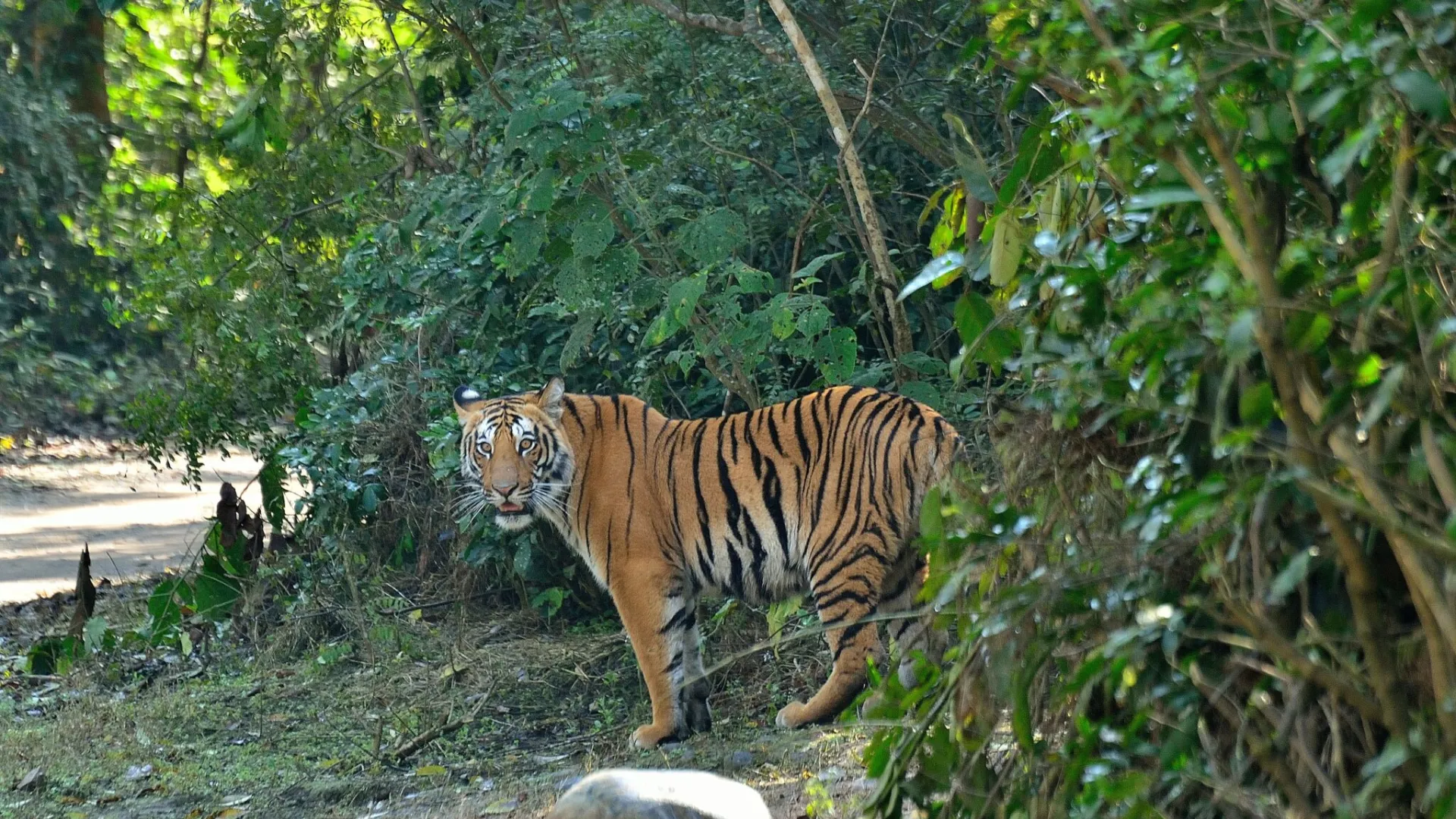India, with its diverse landscapes and rich biodiversity, is a paradise for wildlife photographers. From majestic Bengal tigers and Asiatic lions to rare species like the snow leopard and one-horned rhinoceros, the country offers an incredible variety of subjects to capture through your lens. Here’s why India should be at the top of every wildlife photographer’s travel list.
- Tigers in Their Natural Habitat
India is home to over half of the world’s Bengal tiger population, making it one of the best places to photograph these magnificent big cats in the wild. Bandhavgarh, Kanha, and Ranthambore National Parks are known for their high tiger densities, offering excellent chances to capture these elusive predators. The golden light at sunrise and sunset in these parks creates the perfect conditions for stunning wildlife photography. - Asiatic Lions in Gir National Park
For photographers looking to capture the regal Asiatic lion, Gir National Park in Gujarat is the only place in the world to do so. With its unique dry deciduous forests, Gir provides an incredible setting to photograph lions as they roam freely in the wild. Early morning and late afternoon safaris offer the best light and the highest chances for sightings. - Snow Leopards in the Himalayas
Few experiences can match the thrill of photographing the elusive snow leopard in the high-altitude landscapes of the Himalayas. The Snow Leopard Expedition in Spiti Valley and Ladakh offers a rare chance to capture these enigmatic big cats against the backdrop of rugged mountains and snow-covered peaks. Although sightings can be challenging, the dramatic landscapes and wildlife encounters make it a photographer’s dream. - Birdlife in Kaziranga National Park
For bird photographers, Kaziranga National Park in Assam is a haven. Known primarily for its one-horned rhinoceros, Kaziranga is also home to over 450 species of birds, including great hornbills, ruddy shelducks, and pied kingfishers. The park’s wetlands and grasslands offer a diverse range of habitats, making it an ideal spot for capturing exotic bird species. - Leopards in Jawai and Bera
The rocky outcrops and granite hills of Jawai and Bera in Rajasthan are famous for their high population of leopards. Unlike in many other parts of India, the leopards here are often spotted during the day, making it easier to photograph them against the striking landscape. The stark contrast between the arid terrain and the graceful leopards makes for dramatic photography. - Jim Corbett National Park: A Dream for Photographers
Jim Corbett National Park in Uttarakhand is a photographer’s dream with its diverse landscapes. The park boasts evergreen sal forests, vast grasslands, and the meandering Ramganga River, creating a perfect setting for capturing tigers, elephants, and a variety of birdlife. The changing landscapes, from dense forests to riverbanks, offer breathtaking compositions that are ideal for photographers and filmmakers alike. The mist-covered forest in the early morning provides an ethereal atmosphere, making every click of the camera magical.
India’s diverse landscapes, from the mangroves of the Sundarbans to the deserts of Rajasthan and the grasslands of Gujarat, provide endless opportunities for wildlife photography. Whether you’re tracking tigers in dense forests or photographing leopards against rocky backdrops, India offers unparalleled wildlife photography experiences.


